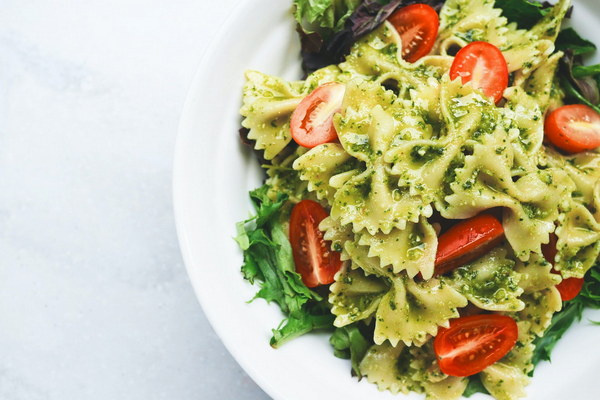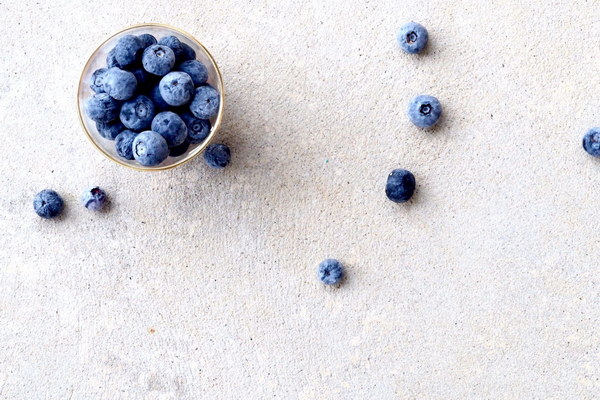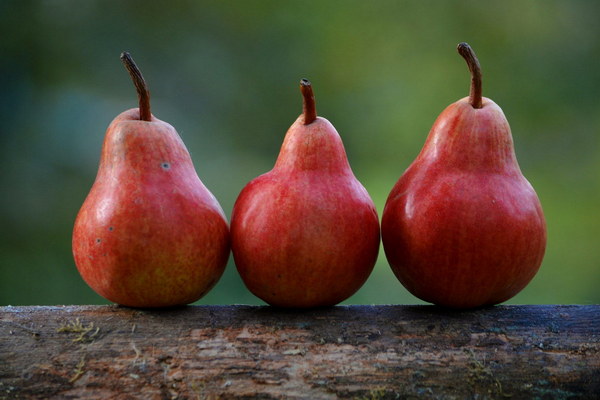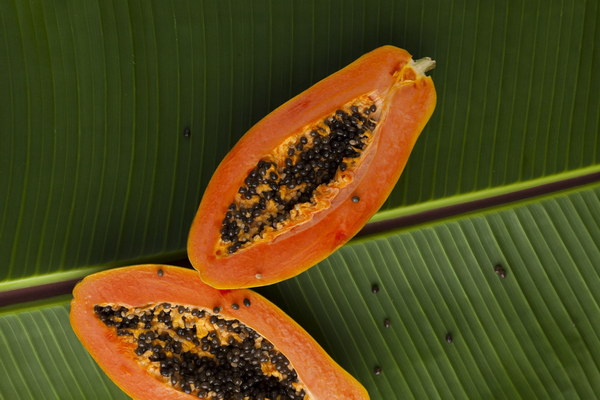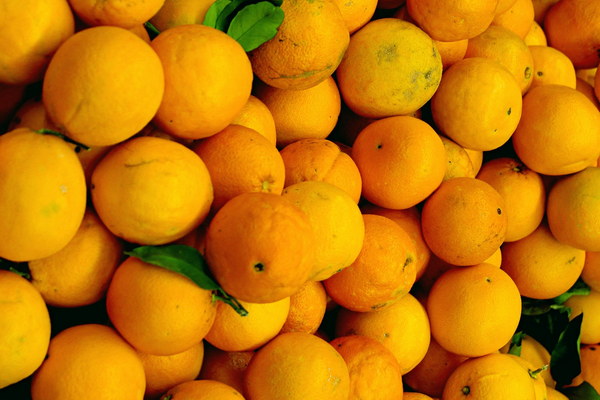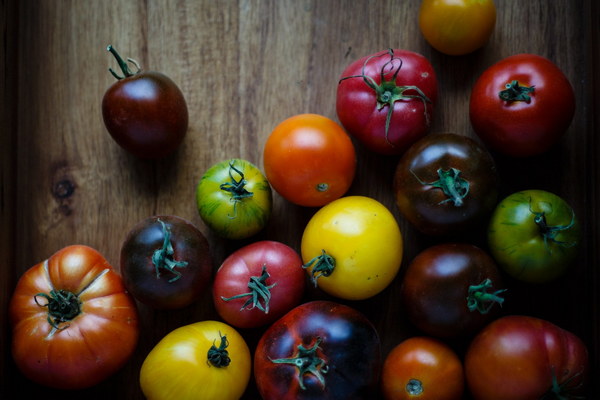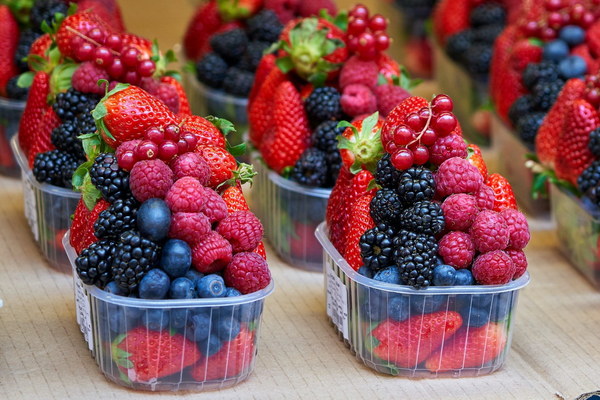Natural Elixirs for Daily Vitality Exploring Common Chinese Tonics
In the realm of traditional Chinese medicine, the concept of balancing the body's yin and yang is fundamental. This holistic approach emphasizes the use of natural remedies to bolster health and vitality. Among these remedies are a variety of daily tonics, or Chinese herbs, that are believed to strengthen the body's constitution and enhance overall well-being. Let's delve into some of the most popular and commonly used daily tonics in Chinese medicine.
Ginseng (Panax ginseng)
Renowned for its energy-boosting properties, ginseng is often called the king of tonics. It's believed to enhance mental alertness, improve memory, and boost the immune system. Ginseng is typically taken in the form of capsules, powders, or teas.
Reishi (Ganoderma lucidum)
Reishi mushrooms are prized for their adaptogenic qualities, helping the body to resist stress and balance the immune system. They are often used to alleviate anxiety, insomnia, and fatigue. Reishi can be consumed as a tea, tincture, or in supplement form.
Goji Berries (Lycium barbarum)
These vibrant red berries are a staple in Chinese cuisine and medicine. Goji berries are said to improve vision, boost the immune system, and enhance longevity. They can be eaten raw, dried, or added to teas and smoothies.
Astragalus (Astragalus membranaceus)
Astragalus is a powerful immune-boosting herb that is often used to prevent colds and flu. It is also believed to strengthen the heart and improve circulation. Astragalus can be taken as a tea, tincture, or in capsule form.
Schisandra (Schisandra chinensis)
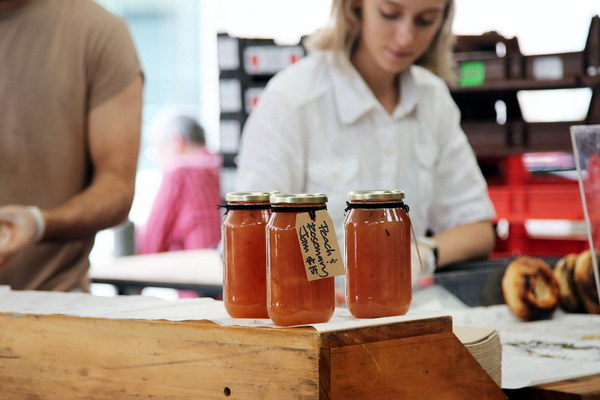
Schisandra is known for its ability to restore balance to the body and mind. It is said to enhance cognitive function, reduce stress, and improve sleep. This herb is often found in supplement form, though it can also be made into a tea.
Dong Quai (Angelica sinensis)
Dong Quai is a popular herb for women, particularly for menstrual and menopausal symptoms. It is believed to balance hormones and improve blood circulation. Dong Quai is commonly taken as a tea or in tablet form.
He Shou Wu (Polygonum multiflorum)
He Shou Wu is another longevity herb, often used to support hair health and enhance fertility. It is believed to nourish the kidneys and improve vitality. This herb is usually taken as a powder mixed with other tonics or in capsule form.
Codonopsis (Codonopsis pilosula)
Codonopsis is often referred to as the poor man's ginseng due to its similar health benefits. It is used to boost energy, improve cognitive function, and strengthen the immune system. Codonopsis can be consumed as a tea or in supplement form.
Safflower (Carthamus tinctorius)
Safflower is a powerful herb that is believed to improve circulation and reduce inflammation. It is often used to treat menstrual disorders and to alleviate pain. Safflower is commonly found in capsule or tincture form.
Incorporating these daily tonics into one's routine can provide a range of health benefits. However, it is important to note that while these herbs are natural, they can interact with certain medications and may not be suitable for everyone. It is always advisable to consult with a healthcare professional before starting any new supplement regimen.
In conclusion, the use of daily tonics in Chinese medicine is a testament to the belief in the power of nature to heal and rejuvenate the body. Whether you're looking to boost your energy, improve your immune system, or simply enhance your overall well-being, these natural elixirs may just be the key to a healthier, more vibrant life.
